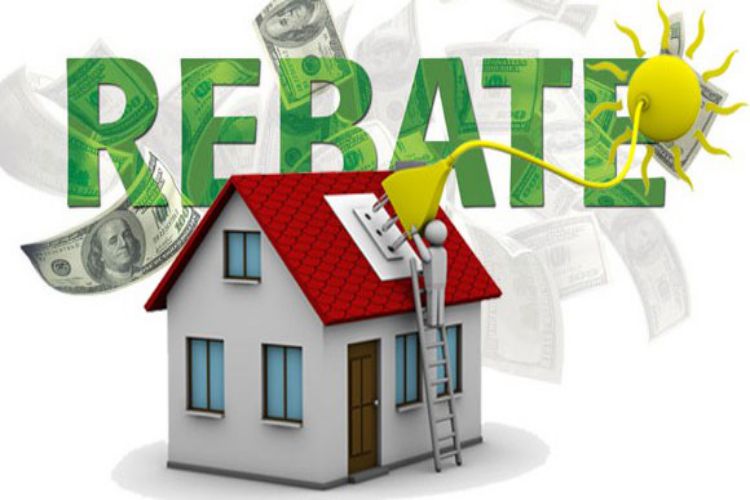 Solar panels play a significant role in the energy industry. Choosing solar energy is an essential investment for homeowners who want to reduce their electricity bills. The government encourages people to adopt solar energy and offers incentives to make solar energy more affordable. Generally, the incentives are given in the form of tax benefits and solar rebates. Generating power from sunlight is ideal for places with abundant sunshine throughout the year or high electricity charges. Rebates and tax benefits make people opt for solar energy even when they live in areas with moderate sunlight. The incentives help homeowners overcome the upfront payments of solar panels and batteries.
Solar panels play a significant role in the energy industry. Choosing solar energy is an essential investment for homeowners who want to reduce their electricity bills. The government encourages people to adopt solar energy and offers incentives to make solar energy more affordable. Generally, the incentives are given in the form of tax benefits and solar rebates. Generating power from sunlight is ideal for places with abundant sunshine throughout the year or high electricity charges. Rebates and tax benefits make people opt for solar energy even when they live in areas with moderate sunlight. The incentives help homeowners overcome the upfront payments of solar panels and batteries.
Incentives for installing a solar power system
Tax credits
The Federal Investment Tax Credit allows a claim back of 26% of expenses made for solar panels from the income tax. The state government also offers additional tax credits for installing solar panels. These credits encourage people to opt for clean energy and renewable resources. Other incentives provided by the State are low-interest loans, interest-free loans, free installation of batteries, and free installation of solar panels.
Small-Scale Technology Certificates (STCs)
The Australian government issues the STCs after a year of solar panel installation. To avail of this certificate, all the parts of the solar energy system must have the components approved by the Clean Energy Council. They should meet all the safety requirements recommended by the government. The value of the certificate depends on the solar power system’s capacity, installation date, and the location of the house.
The STCs are provided to homeowners after purchasing a solar power system and getting it approved. They can sell the certificates and get a cash discount during the installation. They can also sell them for cash in the market.
Feed-in Tariffs
The Feed-in Tariffs give homeowners a few cents for each kilowatt-hour of unused electricity from solar panels sent back to the grid. The amount received depends on the electricity charges in the State. The electricity providers can fix the rate anywhere above the set minimum.
Solar loans
Solar loans allow people to purchase a solar power system upfront and make payments over time. Monthly payments are lesser than the electricity bills making the loans beneficial to the homeowners. Solar companies also provide secured solar loans.
Solar Renewable Energy Certificates
Most solar panels are installed on homes that are still connected to the power grid. The excess solar energy generated by the solar panels is sent to the power grid. The homeowners earn Solar Renewable Energy Certificates encashed during installation or in the market.
Requirements to claim the solar panel rebate
- Homeowners should own a solar power system of less than 100 kW.
- The homeowner should be a resident of Australia.
- The solar power system should be installed by a Clean Energy Council accredited installer.
- All components of the system must be new.
Benefits of solar power system
Protects environment
Greenhouse gases are produced using power sources like coal, natural gas and oil. It causes several problems and affects the environment as these power sources are non-renewable. Solar power saves the environment and money. It reduces pollution and helps to create a cleaner atmosphere.
Reduces electricity bills
A solar power system helps to reduce monthly electricity bills. By installing solar panels on the rooftops, every house can generate enough power to meet its requirements. They may worry about the upfront cost, but they can save a lot of money in the future and enjoy the investment.
The government offers solar rebates to encourage more people to opt for solar power. Solar energy is clean energy generated by installing solar panels on the rooftops. It is a reliable and renewable energy source and requires less maintenance. Rebates and tax credits are additional benefits that help people enjoy solar power.

